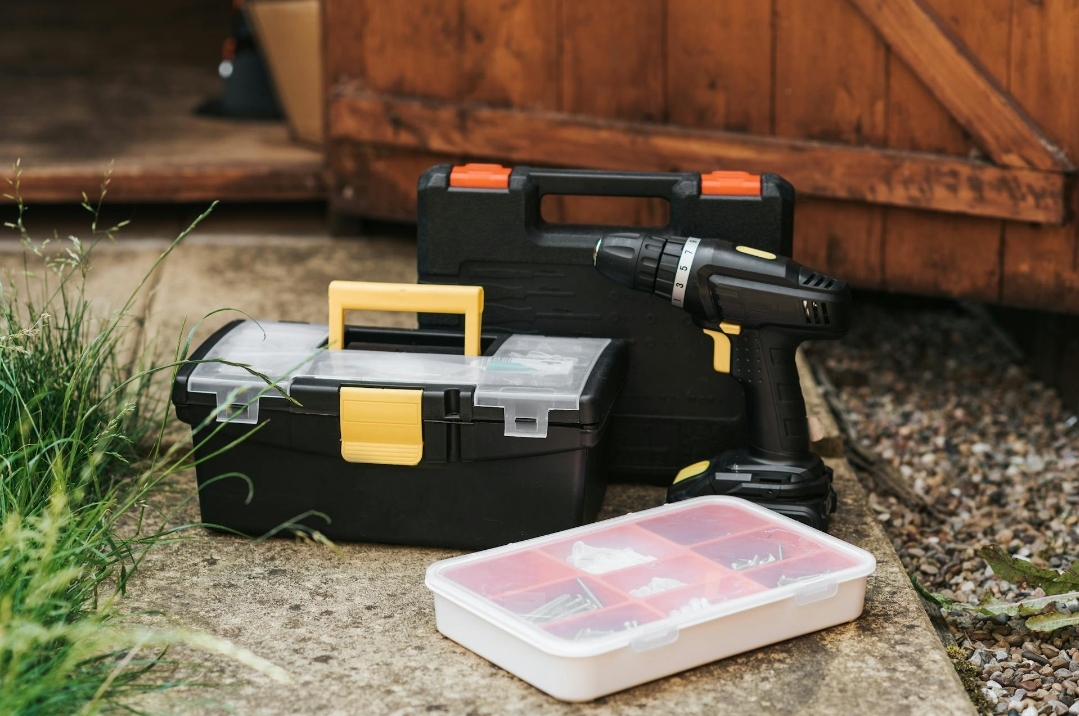Explore the Advantages of Ball Screws to See If They Are Right for Your Needs

Manufacturers often question which screws they should use for different applications. Ball screws remain a popular choice for many tasks. Explore the advantages of ball screws to learn if they are the right option for a project or if another screw should be selected.
What is a Ball Screw?
A ball screw is a device that takes rotary motion and converts it to linear motion. The ball screw is made up of a screw shaft, rotating nuts, and ball bearings. The ball bearings are located between the nut and the screw thread. As the ball screw moves, the nut travels seamlessly along these threads. The ball bearings that allow for this smooth motion are what differentiate a ball screw from other products on the market today. What advantages will one see when they use a ball screw?
High Speeds
Ball screws are ideal for those processes requiring high rotational and linear speeds. The screw size and application play a role in how fast the screw can travel, but it may be as much as several meters per second. They are ideal for use in high-throughput automation and assembly processes.
Increased Efficiency
Screws vary in terms of their efficiency. One reason many manufacturers turn to ball screws is they offer 90 percent efficiency. Lead screws, a popular alternative to ball screws, have a maximum efficiency of 80 percent, although this figure might be much lower. The ball screws convert more rotary motion to linear motion, leading to this increased efficiency. Less energy is lost and there is less heat generated. Furthermore, system responsiveness improves when this type of screw is used.
Quiet Operation
Manufacturing facilities are known for being noisy. Ball screws don’t contribute much to this noise. They are very quiet when compared to lead screws.
Minimal Friction
Ball screws create less friction. The screw shaft and nut are exposed to less wear, so they last longer. Lead screws fail more rapidly, so many manufacturers are making the move to ball screws wherever possible. The screws must be maintained, so manufacturers need to set up a lubrication schedule. They must also be protected from contamination, as dirt, debris, and other contaminants may increase friction and shorten their lifespan. When properly cared for, ball screws may last millions of cycles before they must be replaced or rebuilt.
Applications
Ball screws come in many sizes, lengths, diameters, and materials. When choosing a ball screw, the manufacturer must know all application requirements. Having this information readily available makes it easy to find the right screw for any job.
Compact Design
Space may be at a premium for certain processes. If this is the case, a ball screw is often the best choice. When compared to other linear motion systems, ball screws are very compact. They are ideal for applications where space is limited. In addition, when they are used in equipment, the equipment footprint tends to be smaller.
Learn more about ball screws and their benefits to see if they are right for one or more applications your company currently uses. Many manufacturers will find they are ideal for at least one application. When they see them in action, they choose to use them elsewhere. You may find the same is true for you.






